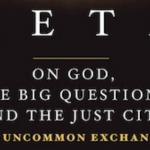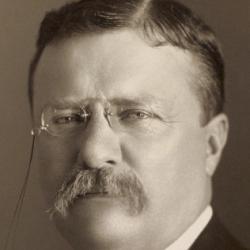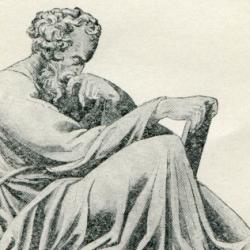I wrote earlier on different domains of truth, on MLK Jr’s eloquence on science and religion, on methodological naturalism and metaphysical naturalism, and Jordan Peterson’s views on the Logos.
As a continuation of each of these themes, Peterson had a fascinating discussion with Joe Rogan, a large portion of the interview on how Peterson reconciles his religious views with science. Peterson begins by differentiating scientific truth as empirical facts and religious truth as modes of being.
“What scientific truth tells you is what things are, but genuine religious truth tells you how you should act, and those things are not the same. And so a great story, like a great novel, which is a quasi-religious construction, because it’s like a distillation of ordinary life into its most important elements – that’s a map about how you should comport yourself in the world. And you might say, what do you mean by should… That’s the question the moral relativists ask…
With hints of Aristotelian metaphysics and moral philosophy, Peterson goes on to describe religion as moral actualization and the realization of the appropriate levels of being, good for yourself, others, your family, society, and the world, “balanced at all those levels” – now and in the future. This “harmonious balancing of multiple layers of being simultaneously” – our brains are attuned to finding meaning “on the edge between order and chaos”. Religious truth is the harmonious expression of being in action, akin to musical and literary transcendence, the ultimate religious truth revealed in Christ:
“In between that, there’s a place, a place that’s meaningful, where you’re partly stabilized and partly curious and you’re operating in a manner that increases your scope of knowledge, so you’re inquiring and growing and at the same time you’re stabilizing and renewing: you, your family, society, nature, now, next week, next month, next year… And when you have an intimation of meaning, then you know you’re there… Imagine that each of these levels of existence the way I just laid them out are like patterns. They’re patterns within patterns within patterns within patterns… And there’s a way of making all that harmonious. That’s what music models. That’s why music is so meaningful… You take a beautiful orchestral composition and all the instruments are doing different things at different levels, but they all flow together harmoniously and you’re right in the middle of that as a listener. And it fills you with a sense of, it’s almost like a sense of religious awe, even if you’re a punk rock nihilist… And the reason for that is because the music is modelling the manner of being that’s harmonious. It’s the proper way to exist. And religious writings in the deepest sense, so those are archetypal writings, are guidelines to that mode of being. So they’re not true like scientific truth is true… I think of them as hyper-true or meta-true. It’s like we take the most true things about your life and then we take the most true things about ten other people’s lives and we amalgamate them into a single figure… And that would be like a literary hero… And then we take a thousand literary heroes and we extract out from each of them what make the most heroic person. That’s a religious deity. That’s what Christ is. He’s a meta-hero, and that sits at the bottom of Western Civilization and his archetypal mode of being is true speech. That’s the fundamental idea of Western Civilization and it’s right.”













